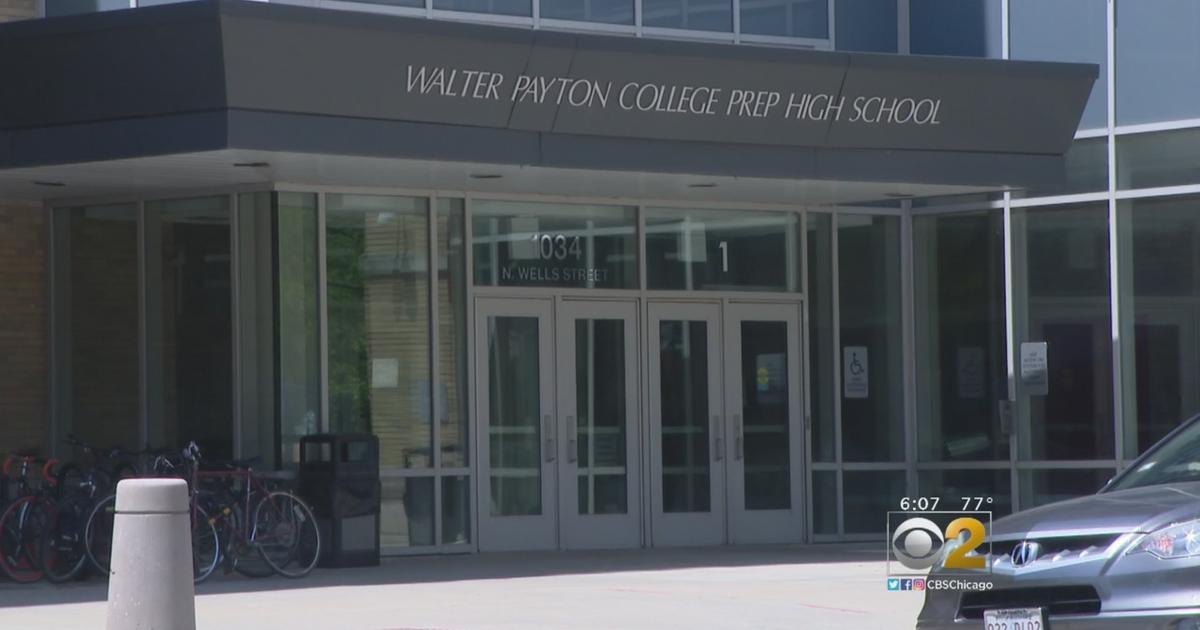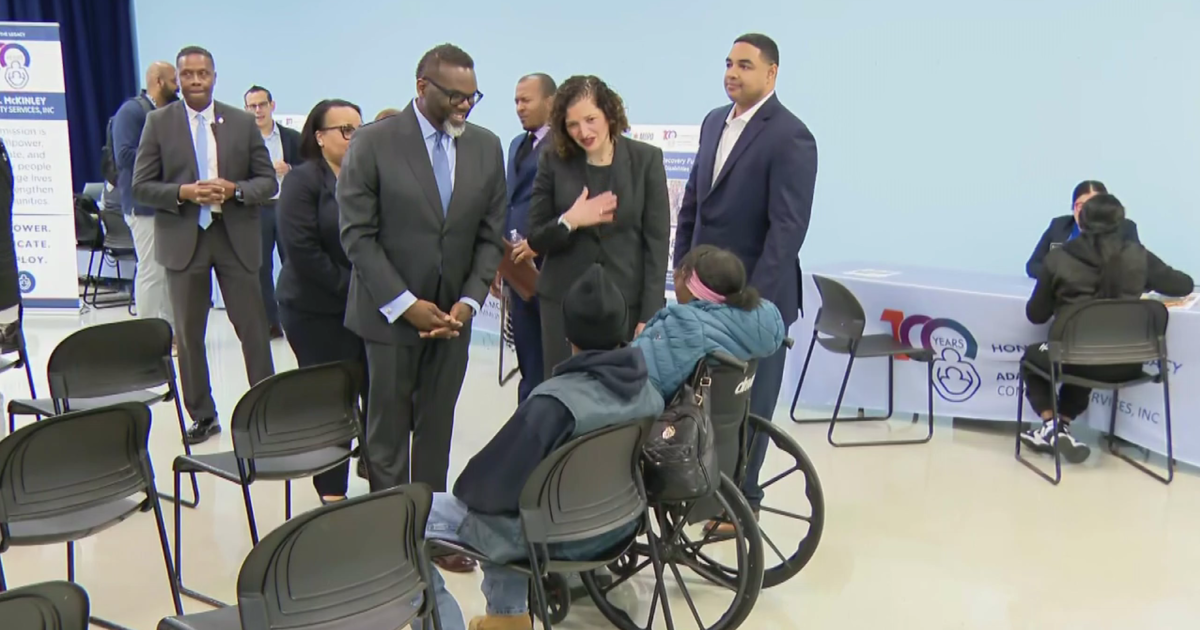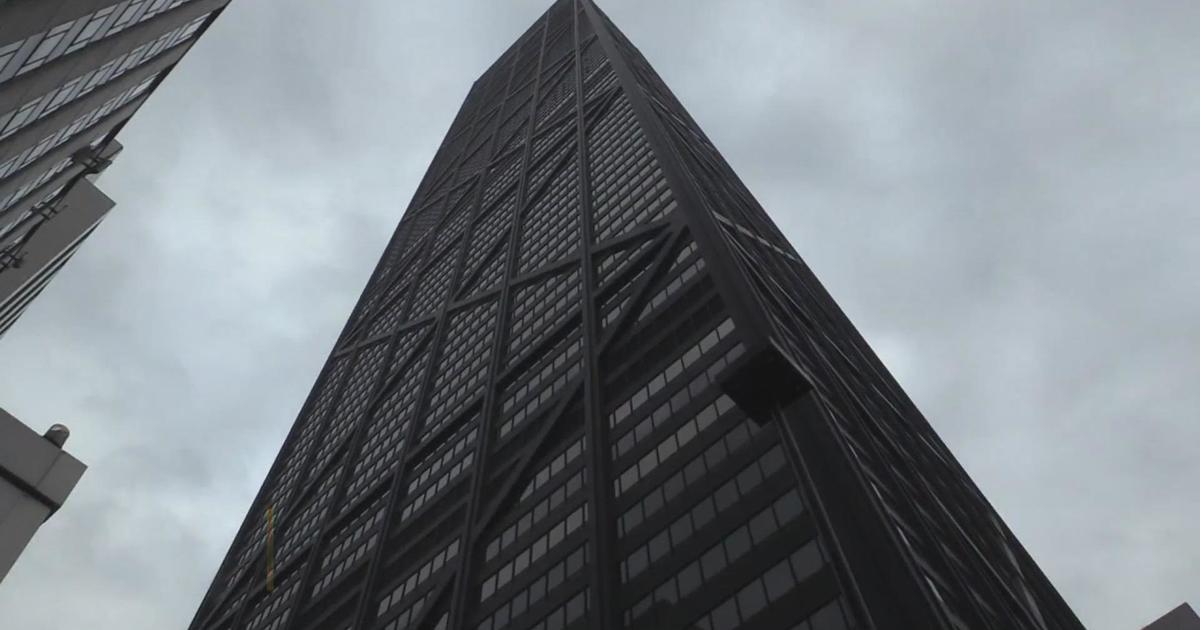City Study Lays Out Options For Shuttered Schools
CHICAGO (STMW) -- Fifty shuttered Chicago Public Schools should either be shifted to other government agencies or school uses, competitively bid to community groups and developers or demolished, a mayoral commission proposed Friday, the Sun-Times is reporting.
The "immediate re-purposing" of schools would begin with the controversial decision disclosed last year by the Chicago Sun-Times: to make shuttered Lafayette Elementary School the new and permanent home of the Chicago High School for the Arts.
The school known as ChiArts was originally scheduled to move to the soon-to-be-replaced Malcolm X College when a new college is built. But high maintenance costs for the old college building prompted Mayor Rahm Emanuel to nix the idea in favor of using Lafayette, 2714 W. Augusta.
The decision is controversial, since parents, students and teachers were promised when Lafayette and the other 49 schools were closed that they would not re-open, at least as charter schools. Since ChiArts is a "contract" school, the mayor can claim the promise was kept. To some observers, there is little difference between the two.
Two other shuttered schools will also be immediately "re-purposed," thanks to recommendations made by the school closing commission.
William King Elementary, 740 S. Campbell, will be shifted to the city's Department of Fleet and Facilities Management to "consolidate several facilities into one" and, ultimately, save the city money.
John Fiske Elementary, 6145 S. Ingleside, will be temporarily used by the Woodlawn Children's Promise Community to house community health programs.
The remaining 47 shuttered schools will be offered to community groups and other interested parties in a "competitive process" that will begin shortly.
Potential uses have already been suggested for a number of properties, including urban farming; tutoring and mentoring; health clinics; arts and community centers; affordable housing for seniors and "re-configuration as a contract school to serve at-risk students."
If "community or financial benefit" is not "immediately apparent," shuttered schools could be transferred to an "external partner" with expertise in real estate planning and community development.
Acknowledging that the process of finding new uses "cannot continue indefinitely," the report states, "Ultimately, structures on the properties that remain after the full re-purposing process may need to be demolished." The goal is to "minimize the number of properties that fall into that category," the report states.
Ald. Latasha Thomas (17th), chairman of the City Council's Education Committee, was one of two aldermen to serve on the mayor's commission.
Thomas said community residents will have the "biggest say" about what happens to shuttered schools.
"In a lot of communities, they've already spoken on what they want to see. They already have high-level ideas. And I expect, in a lot of places, community involvement will get them to a better place," Thomas said.
"You want to get the buildings in use in a vibrant way that's a catalyst for other development. It could be commercial. It could be a residential hybrid. It could be institutional."
The one thing Thomas wants to avoid is to have shuttered school buildings sit empty because it tears down neighborhoods.
"Nobody wants an empty building — especially the people who live across the street or down the street. And CPS doesn't want to continue to pay for empty buildings because there is a cost for that," she said.
The alderman was asked whether she's concerned some shuttered schools might ultimately be turned into charter schools.
"What I would be concerned about is if the use of the building was the same as the use was when we closed it. If it was a building where middle-school children were taught and we closed it for under-utilization, then I would be concerned," she said.
"We closed buildings [because of shortage of students]. You can't say we now have utilization for that building a year later for the same purpose."
The commission was chaired by Wilbur Milhouse, owner of one of Chicago's largest African-American construction and engineering firms.
Emanuel's decision to close 50 schools all at once put him on the political hot seat to safeguard thousands of displaced students and to deliver on his promise to improve their new schools.
But the question of what to do with the closed school buildings is yet another political quandary.
Last year, black ministers whom the former Mayor Richard M. Daley counted among his most loyal supporters broke with Emanuel on the volatile issue and called it a "land grab" that could damage the mayor's re-election chances.
"To have an education exodus and economic disinvestment in the middle of a violence crisis is not in the interest of these communities, particularly the most vulnerable children from the most fragile families," the Rev. Marshall Hatch, senior pastor of New Mount Pilgrim MB Church, said at the time.
Hatch had noted that West Garfield Park, where his church is located, stood to lose five elementary schools. That has fueled speculation that the school closings set the stage for a land grab.
"I wouldn't say that's the goal, but that's gonna be the effect. When you close the schools, it moves people off the land and allows real estate speculators to buy land at cheap prices. All of these properties will eventually be banked and bought for little or nothing," Hatch said.
(Source: Sun-Times Media Wire © Chicago Sun-Times 2014. All Rights Reserved. This material may not be published, broadcast, rewritten, or redistributed.)



